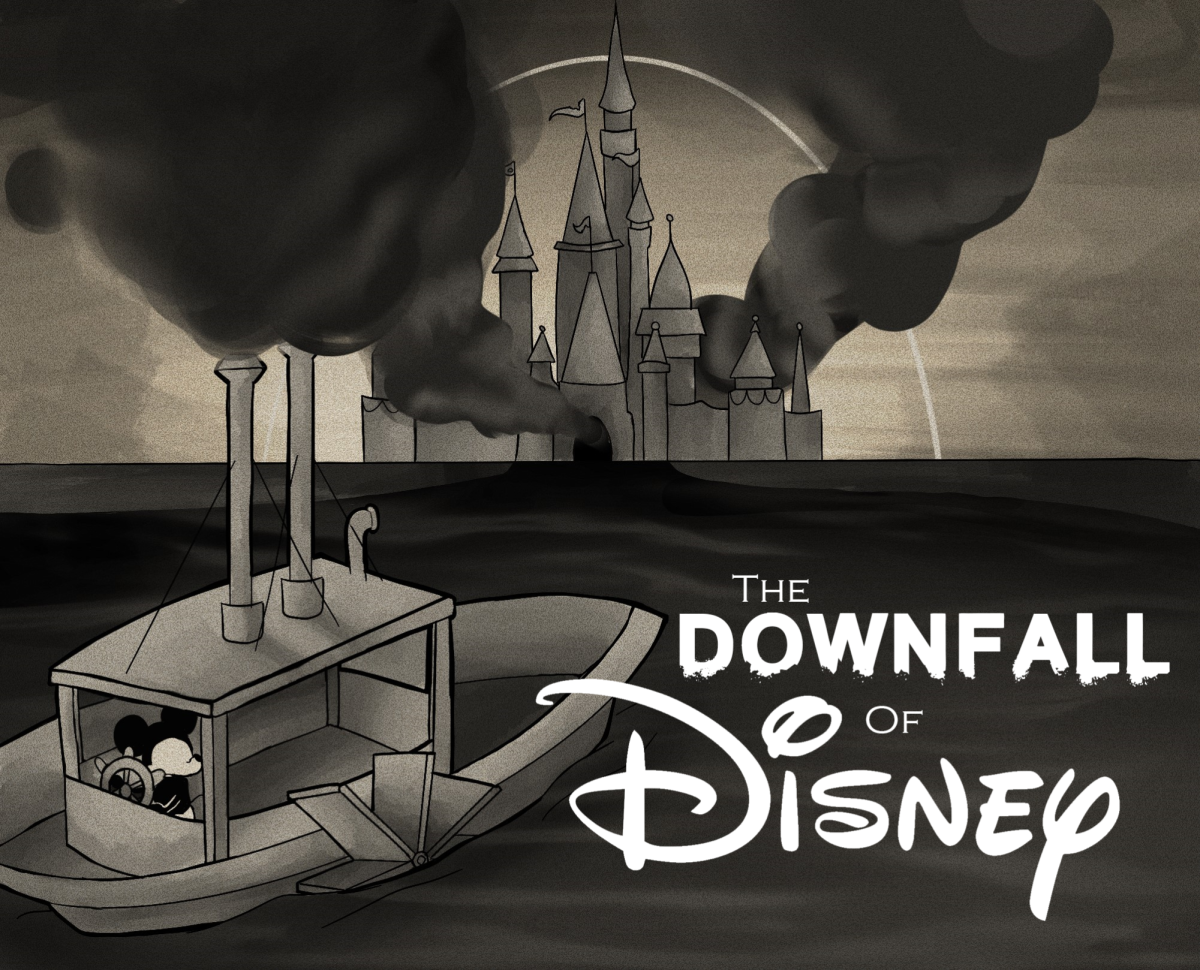Traditionally, turning musicals into movies has been a way to expand their reach and financial success by making them accessible to a wider audience. This way, instead of traveling to see a Broadway show, you can enjoy a filmed version from the comfort of your home. Take “Mamma Mia!” for example – the show has been touring the world since 1999 and has always been a crowd favorite because of its simple but heartwarming story and iconic music from ABBA. It only makes sense that they used that momentum to adapt it into a film.
However, amongst the many movie musicals that have come out over the past couple decades, a frequent mistake is their casting choices. Directors will take advantage of casting big-name actors in lead or supporting roles, but these decisions often go poorly for one reason: They can’t sing. In fact, the new “Mean Girls” movie, which is adapted from the Broadway musical, has received a lot of backlash for their casting decisions, specifically the role of Cady Heron. In this adaptation, Cady is played by Angourie Rice, who is an Australian film actress known for her roles in “Honor Society” and the character Betty Brant in the recent Spider-Man movies. Rice is a phenomenal actress, but she was an odd pick for Cady mainly due to her vocals. They cast Reneé Rapp, who was one of the original Broadway actresses for Regina George, but failed to find someone who could pump out a decently enjoyable tune for the main character. A lot of people on the internet are claiming that the only reason Rice got the role was because her parents’ connections in the film industry gave her an advantage when it came to casting. Whether or not that is true, issues like these pop up a lot within the movie musical genre.
Unlike films, theater productions tend to be more limited in terms of physical space, economic means and time constraints. Because of these distinctions, when you are adapting stage shows into movies, they must be carefully designed to achieve the same appeal. A good example of this is the somewhat recent adaptation of “Cats.” “Cats” is considered to be an odd show, but it’s charming because of its spectacle. Audiences are willing to suspend their disbelief when they see “Cats” on stage. But when put on screen, it became weird and almost uncomfortable to watch. One thing that worked for the stage production of “Cats” are the costumes, which convincingly portray the characters as cats while also keeping the design rather human. In the film however, they relied on CGI instead of costumes to make the cats look more “realistic,” but it just looked bizarre and left a lot of people feeling uneasy.
The overarching problem, however, is losing the magic of theater when transitioning to screen. When characters are bursting into song and coordinated dance, the show becomes your reality in that moment. Suspension of disbelief is stronger in live shows than in film form, where certain types of scenes like ballads look uncomfortable. Oftentimes the actors are just standing in one spot, singing to themselves or another character because they have no audience to perform for. There are no second takes on the stage, and you’d think that because films have the liberty of getting “the perfect shot,” they would be able to do so. Yet it rarely ever lives up to that. As soon as you try to put the key aspects of theater onto screen, you won’t be able to experience the story at its fullest.
With that said, there are many movie musicals that are incredibly effective. “The Sound of Music,” for example, is one of my favorite movies and one of the best movie musicals alongside other classics like “Singin’ in the Rain” and “Fiddler on the Roof.” Each of these films include wonderfully choreographed dancing, catchy songs and an incredibly talented cast, all working together to create beautiful and timeless films. Julie Andrews, who plays Maria in “The Sound of Music,” is very well known within the musical industry, starring in other films like “Mary Poppins.” She effortlessly tells each story through her acting and singing, and has a very well deserved career in film and on Broadway.
Though there are exceptional movie musicals, there is no such thing as perfection with stage-to-screen films. Quality depends on the casting and finding the right balance between actors and their talent. Stage productions tend to outdo their movie adaptations, but that doesn’t mean you shouldn’t be able to sit back on your couch and enjoy a little bit of singing and dancing from your TV.

















